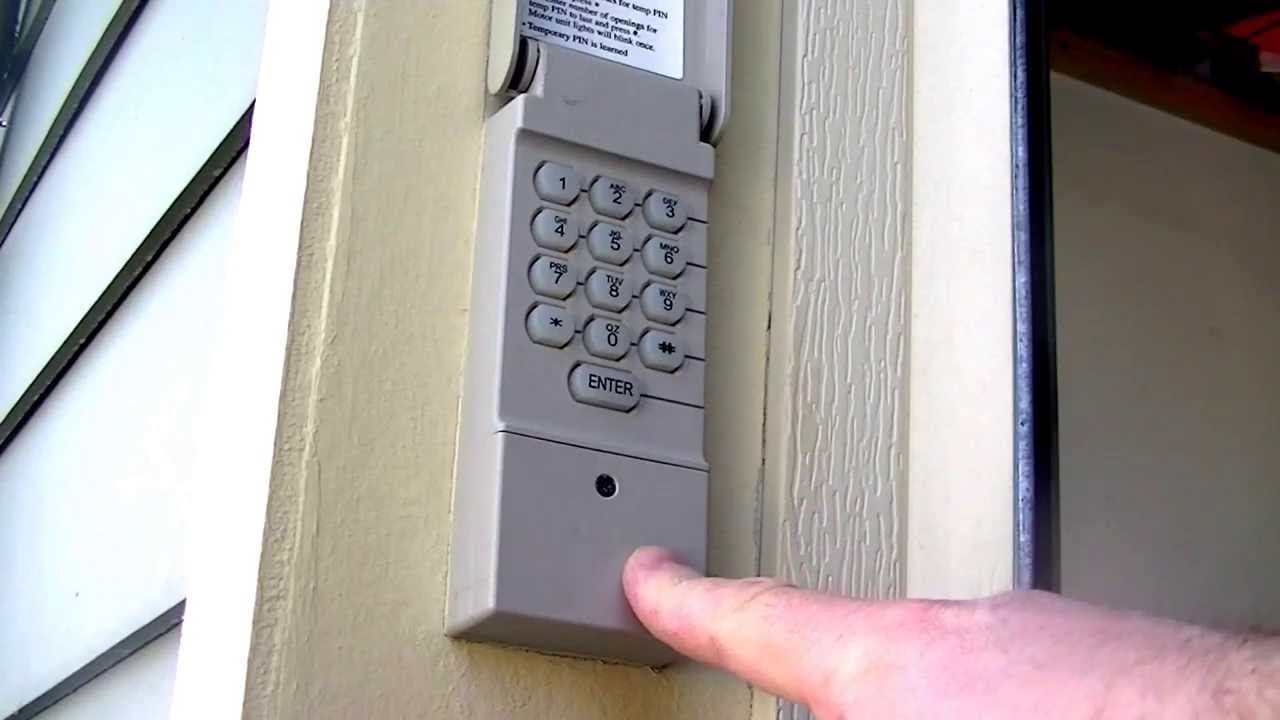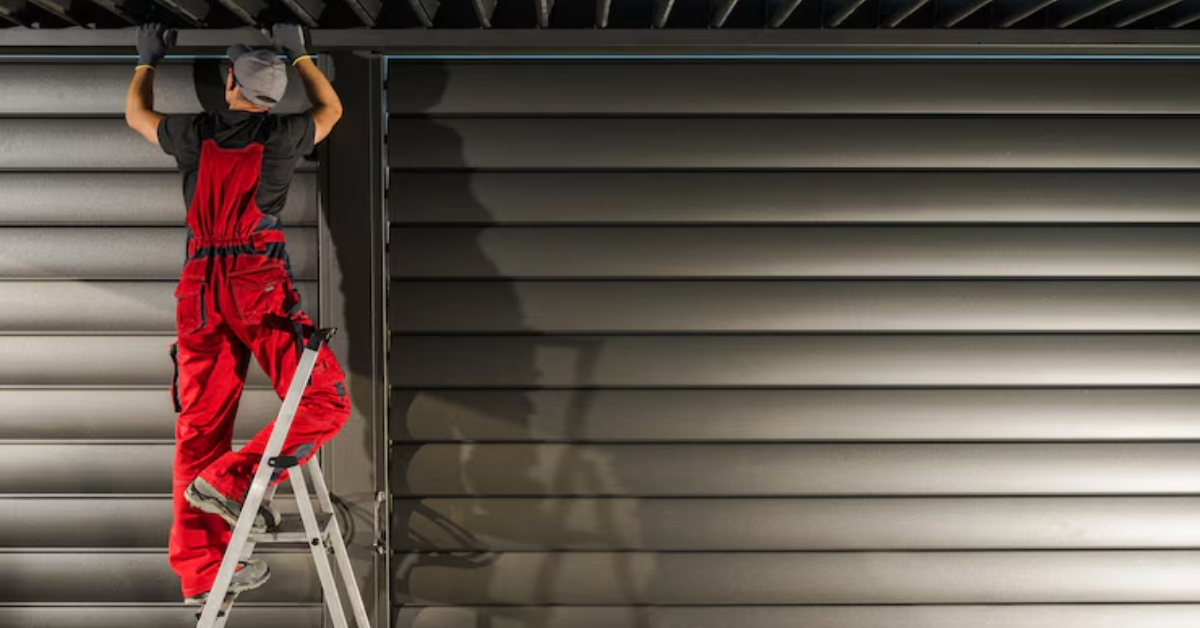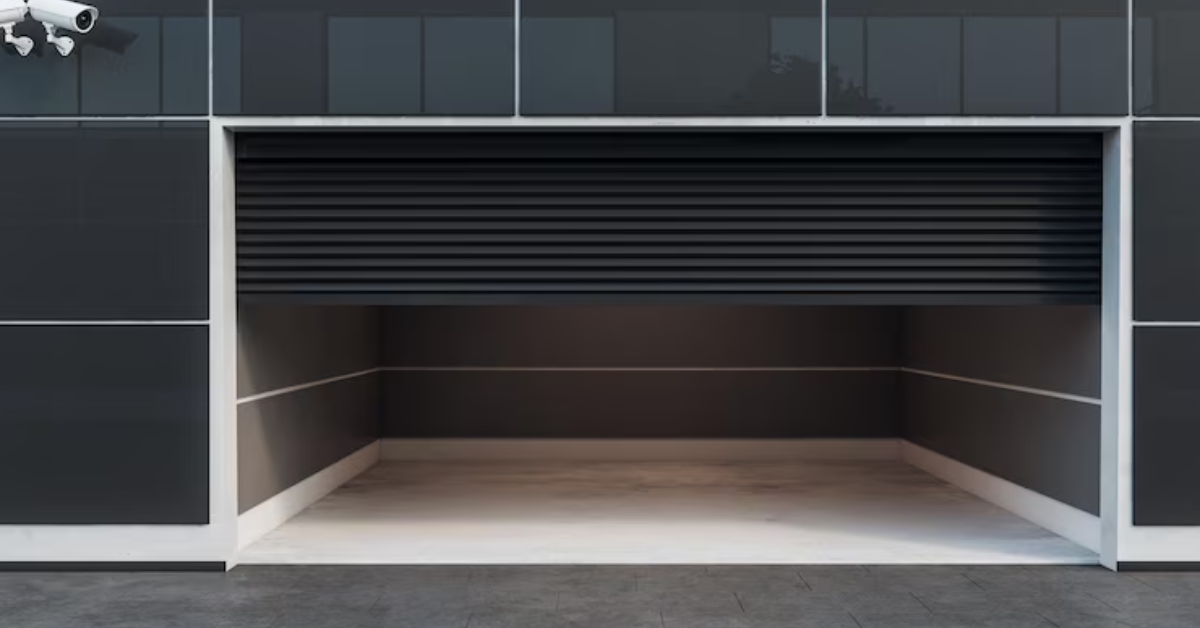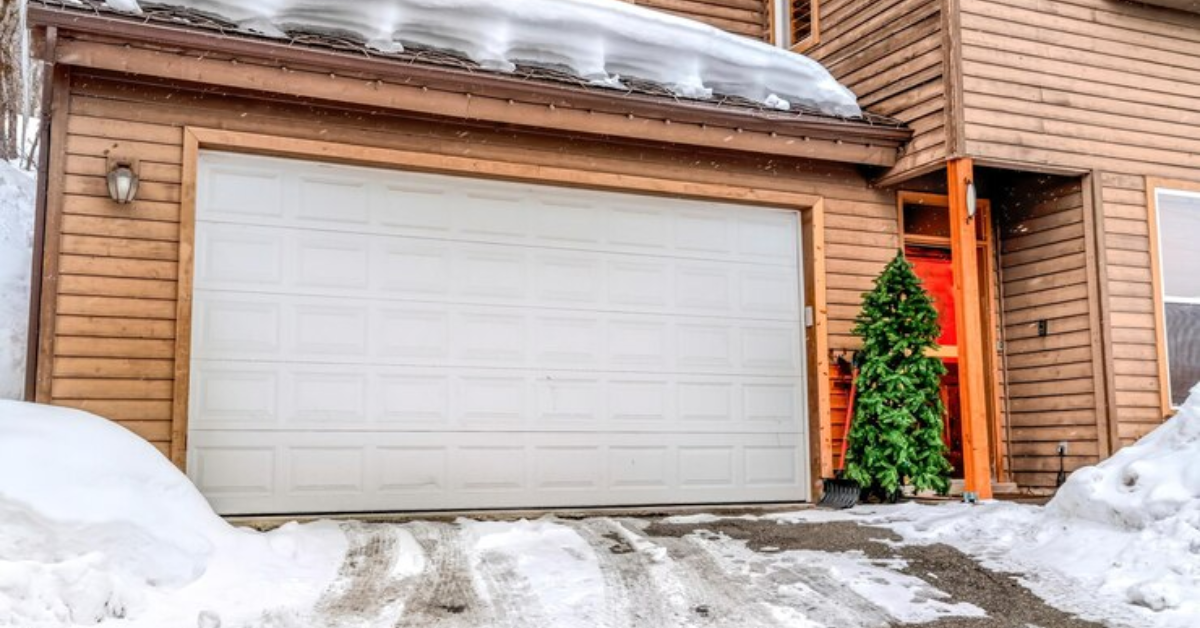Where Is the Garage Door Opener Code Located?
Where Is the Garage Door Opener Code Located?

Nowadays, garage doors are made more convenient to use with the presence of garage door keypads. These keypads, with their built-in buttons and usually located outside your garage door, allow you to program codes that enable you, or anyone with access to the codes, to open and close your garage at will.
This feature is most helpful in times when you are away from home and need someone else to run errands for you. With the absence of a key, access to your garage is usually impossible without the need to tinker with your doors built-in locks. But with the presence of keypads, you could just give the code to a person near you and voila! All is well and done.
The downside in putting this type of upgrade on your garage door is the installation. This is because this type of mechanisms involved figuring out the best-fitted wireless technology for your garage doors. Depending on the brand of your garage door opener, not all “universal” keypads work well with an opener.
Garage Door Opener Keypad Installation.
Good thing your nearby Fix N Go Service is well-skilled in fixing this type of problem. We will figure out the best garage door keypad suited for your garage door openers. We’ll even install it for you, leaving you stress-free from all the components you need to figure out and this is without giving you any absurd charges.
Fix N Go Service also has many garage doors keypads for you to choose from. After we discover the right match for your garage doors, we’ll walk you through the wide array of keypads. We will advise you of the differences so you could make out the one you preferred. That is Fix N Go Service for you, always ready to serve.
They are even available 24/7 to cater to all garage door needs. They do one-day installation of garage doors if you need one, and do a great job with the maintenance, repairs and inspections of every component. You need not worry anymore of the overall health of your garage doors. Fix N Go will do it for you because they believe in putting the safety and security of their clients on top of their priority list.
In the installation process of the keypad, there is a need to reprogram the codes in order for it to work in sync with your openers. Your nearby Fix N Go Service technician will assure that this will happen and even teach you how to change your codes whenever you feel the need to.
Garage Door Code Keypad Installation and Changing Codes
Keypad installation near you provides added security and value to your home. The good thing about this feature is that the code is easily changeable when you feel that your security is somehow compromised. To change the code, just follow these three steps:
- Find the garage door LEARN button which is attached to your ceiling
- Hold this button down until the light beside it goes off
- Press the LEARN button again until the light comes back on then enter the desired code on your keypad.
Not all garage door companies in Phoenix are the same.
Not only does a problematic garage door cause headaches, it potentially creates privacy and security issues for your home. That makes choosing the right local garage door repair company even more important, as you want to ensure you will receive quality parts, experienced labor and a lasting guarantee.
Fix N Go Service technicians will happily assist you with garage door opener code and keypad installation, together with your other questions and other concerns. Call them at Houston (832) 400 2992 Austin (512) 543-7324 and book your appointments now!




